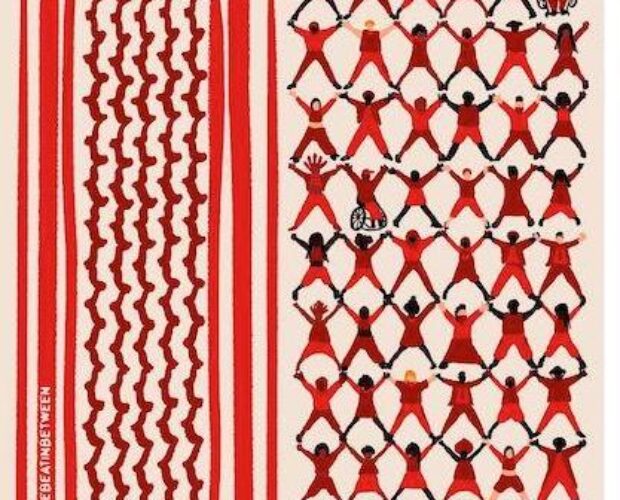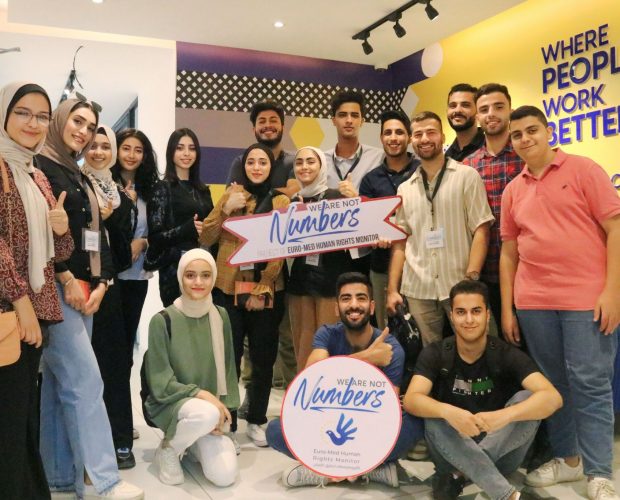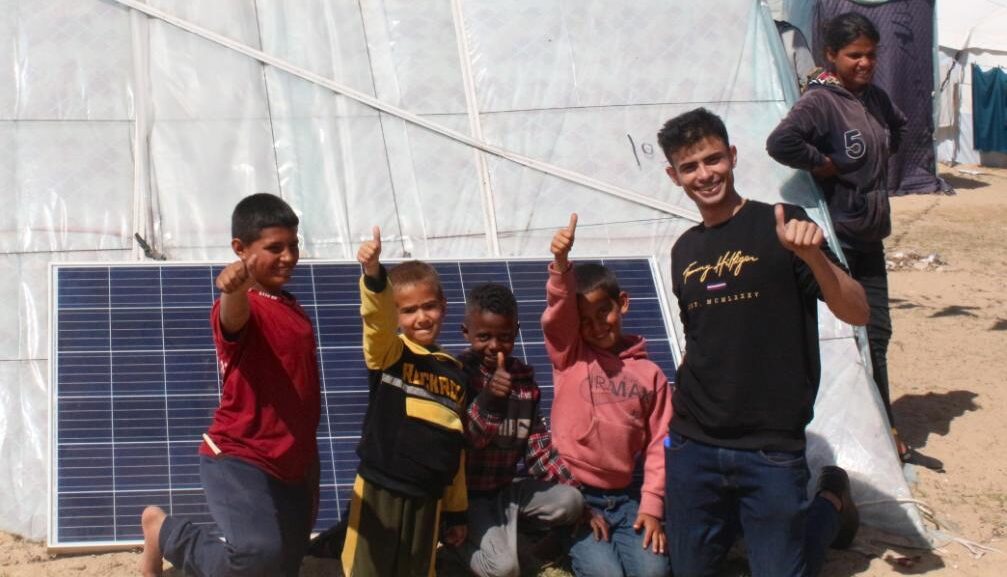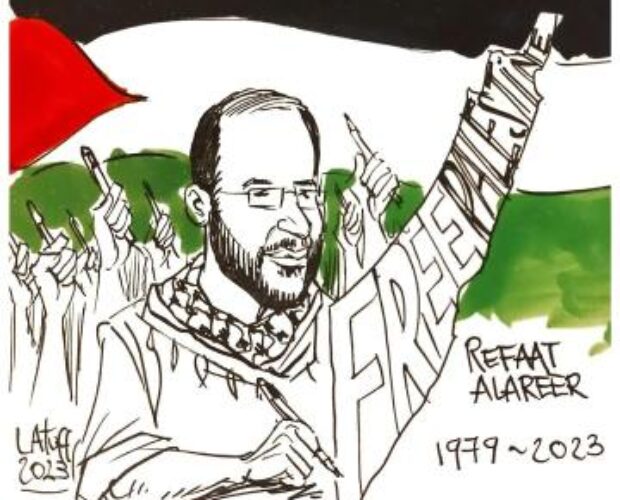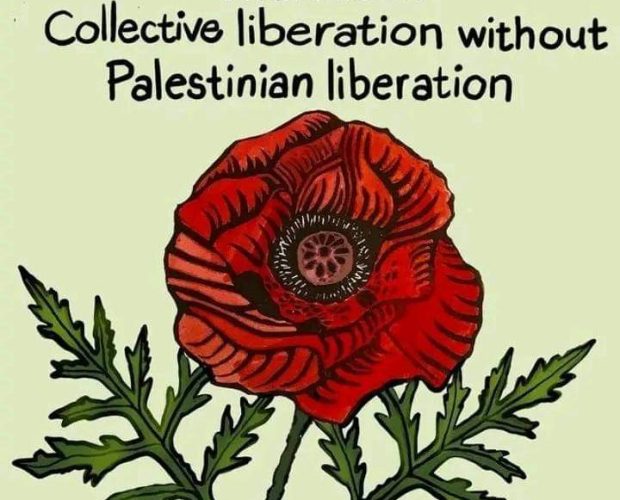
This October 14, 2017, Andalou article by Kaamil Ahmed begins this way:
A washed-out filter lightly veiled the photo of Mohannad Younis, sitting by Gaza's seaport, smoking a cigarette. The photo was shared by Mohannad’s friends on Aug. 30 — the day after he took his own life.
An aspiring writer and a pharmacy graduate, Mohannad had struggled with the same problems most other young Gazans do — but he was also burdened by rejection from his own father, who disowned him when he was one year old, divorcing Mohannad's mother and remarrying.
“Who will prevent the deaths of more Mohanneds?” wrote the group “We Are Not Numbers” on its Facebook page that day.
In Gaza, where the issue of suicide and mental health can be hard to discuss, We Are Not Numbers was set up in part to relieve the daily stresses caused by Israel’s 10-year blockade of the coastal enclave.
For most of the past decade, travel has been impossible, barring occasional periods of emergency transit through the Rafah crossing with Egypt. Unemployment has remained stubbornly high, recently hitting 44 percent, while electricity for much of this year has been limited to only four hours a day.
The group pairs writers — a mixture of journalists, fiction writers, poets and filmmakers — with mentors abroad.



